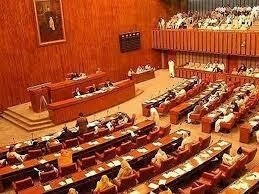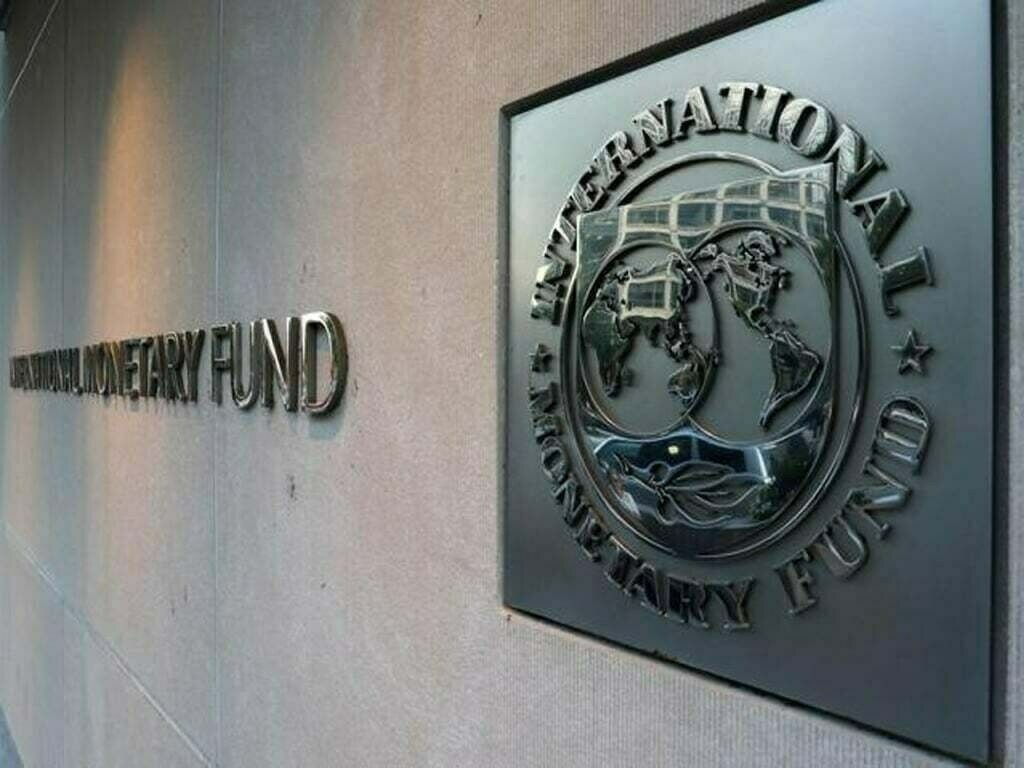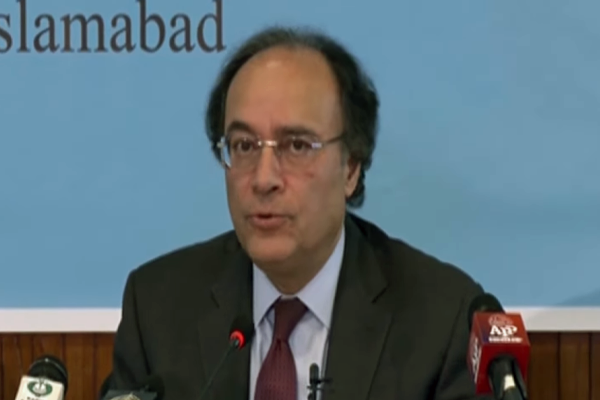PTBP Web Desk
The Federal Board of Revenue (FBR) has intensified efforts to expand Pakistan’s tax base, with jewellers now in the spotlight. According to official sources, the FBR has compiled detailed data on more than 57,000 jewellers across the country. However, a significant portion of these businesses remain outside the formal tax net, raising concerns about large-scale tax evasion in the jewellery sector.
Of the total jewellers identified, only 20,000 are registered with the tax authority, and just 10,000 have filed their returns. This means that thousands of jewellers—despite running highly profitable businesses—are not contributing fairly to the national exchequer.
FBR officials noted glaring discrepancies between the declared income of many jewellers and their actual business volume. Shops located in prime commercial areas generate millions of rupees in sales each month, but the corresponding tax payments are negligible. Furthermore, officials highlighted that the lavish lifestyles of certain jewellers do not match the modest figures they report in their annual tax filings.
This mismatch, officials said, signals a deliberate attempt to underreport income. As part of the campaign, the FBR has begun issuing notices to jewellers suspected of concealing earnings. These notices demand explanations and warn of penalties if irregularities are confirmed.
In the first phase of the campaign, the FBR has prepared a list of 800 jewellers in Punjab, covering key commercial hubs such as Lahore, Rawalpindi, Faisalabad, and Multan. The authority stated that many jewellers on this list reported only nominal incomes despite operating businesses with substantial sales.
Officials believe this phase will set an example for jewellers in other provinces, signaling that tax evasion in the jewellery sector will no longer be tolerated.
The jewellery business is one of Pakistan’s most lucrative markets, yet thousands of jewellers remain outside the tax net. By targeting this sector, the FBR hopes to bring greater transparency to an industry long known for operating in cash and avoiding scrutiny.
The operation is also part of a broader effort by the government to expand the tax base and reduce reliance on indirect taxation. Bringing jewellers into the formal tax system is expected to increase revenue collection significantly, allowing the state to fund public services more effectively.
To address concerns from traders, the FBR clarified that no businessman or industrialist will be issued a notice without valid cause. The authority emphasized that the operation is evidence-based, relying on data that highlights discrepancies between declared tax returns and observed business activities.
According to FBR sources, the campaign is not designed to harass jewellers but to ensure fairness and accountability. Officials added that traders who are already paying taxes transparently have nothing to fear.
Economists argue that the jewellery sector has historically been a haven for tax evasion and undocumented wealth. Gold and diamond businesses often operate in cash, making it easier to hide actual sales figures. By formalizing this sector, the FBR could potentially recover billions in lost revenue each year.
Moreover, the move is expected to create a level playing field among jewellers. Those already in the tax net often complain about unfair competition from counterparts who evade taxes and lower prices as a result. The crackdown, therefore, has the potential to benefit both the economy and compliant traders.
Following Punjab’s example, the FBR is expected to roll out similar campaigns in Sindh, Khyber Pakhtunkhwa, and Balochistan. Each province hosts thriving jewellery markets, with cities like Karachi, Peshawar, and Quetta likely to feature prominently in the next phases of the operation.
If successful, this crackdown will not only strengthen Pakistan’s tax collection system but also send a clear message that tax evasion will not be overlooked, regardless of sector.
This development ties into the government’s broader commitment to fiscal reforms and economic stabilization. The International Monetary Fund (IMF) has repeatedly urged Pakistan to widen its tax net as part of structural reforms under its financial assistance programs.
For readers interested in related updates, you can explore Pakistan’s recent tax reforms on the official FBR website. For context on how tax evasion impacts the economy, see our coverage on Pakistan’s revenue challenges.




